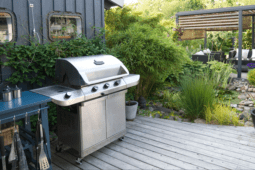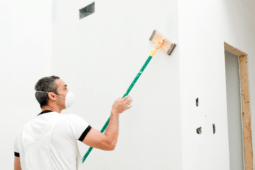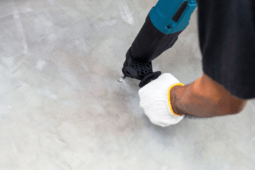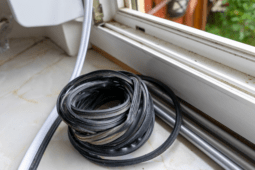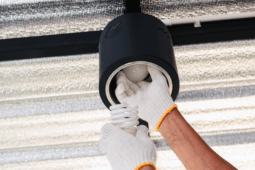How to Prevent Basement Flooding in a Sudden Downpour
A flooded basement can be one of the most frustrating and costly home issues, especially during a sudden downpour. Heavy rain can overwhelm drainage systems, seep through foundation cracks, and lead to water damage that impacts not only your basement but also your home’s foundation and overall structure. Fortunately, there are effective steps you can take to reduce the risk of flooding and keep your basement dry, even when storms strike unexpectedly.
This article covers practical, proactive strategies to prevent basement flooding during sudden downpours. By implementing these preventative measures, you can protect your home, save on potential repairs, and gain peace of mind, knowing your basement is prepared for unexpected weather.
1. Install Window Well Covers to Prevent Water Seepage
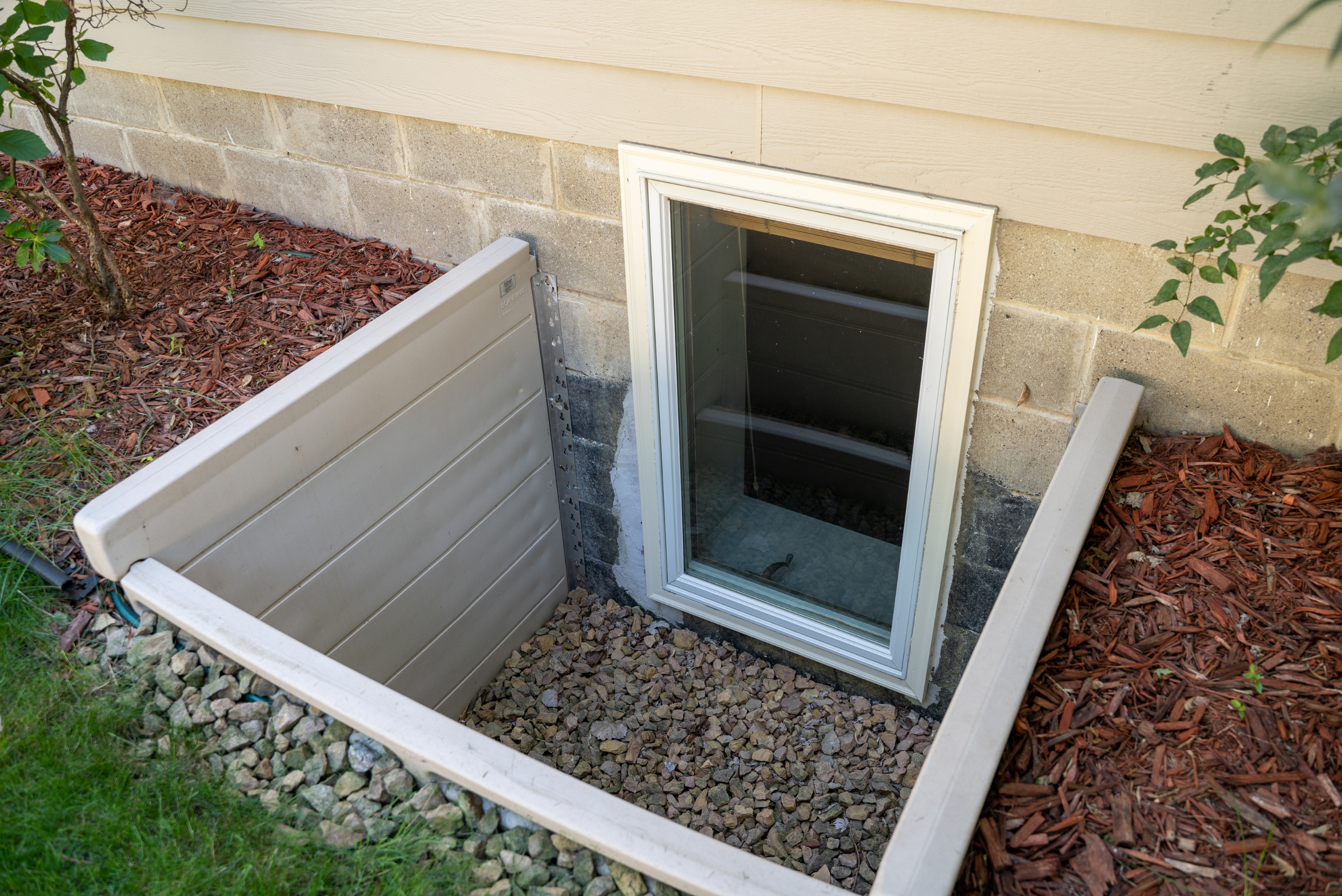
If your basement has windows that sit below ground level, they may be prone to water pooling around them, which can lead to flooding. Installing window well covers can help prevent rainwater from seeping through basement windows. Choose transparent, durable covers that secure tightly over the wells, preventing water and debris from collecting near the windows.
Window well covers not only protect against water but also keep out leaves, dirt, and small animals that could clog your drainage system. Look for covers that are specifically designed to fit your window wells for the best seal. With properly installed window well covers, you can greatly reduce the risk of water entering your basement during a downpour.
2. Inspect and Clean Your Gutters Regularly
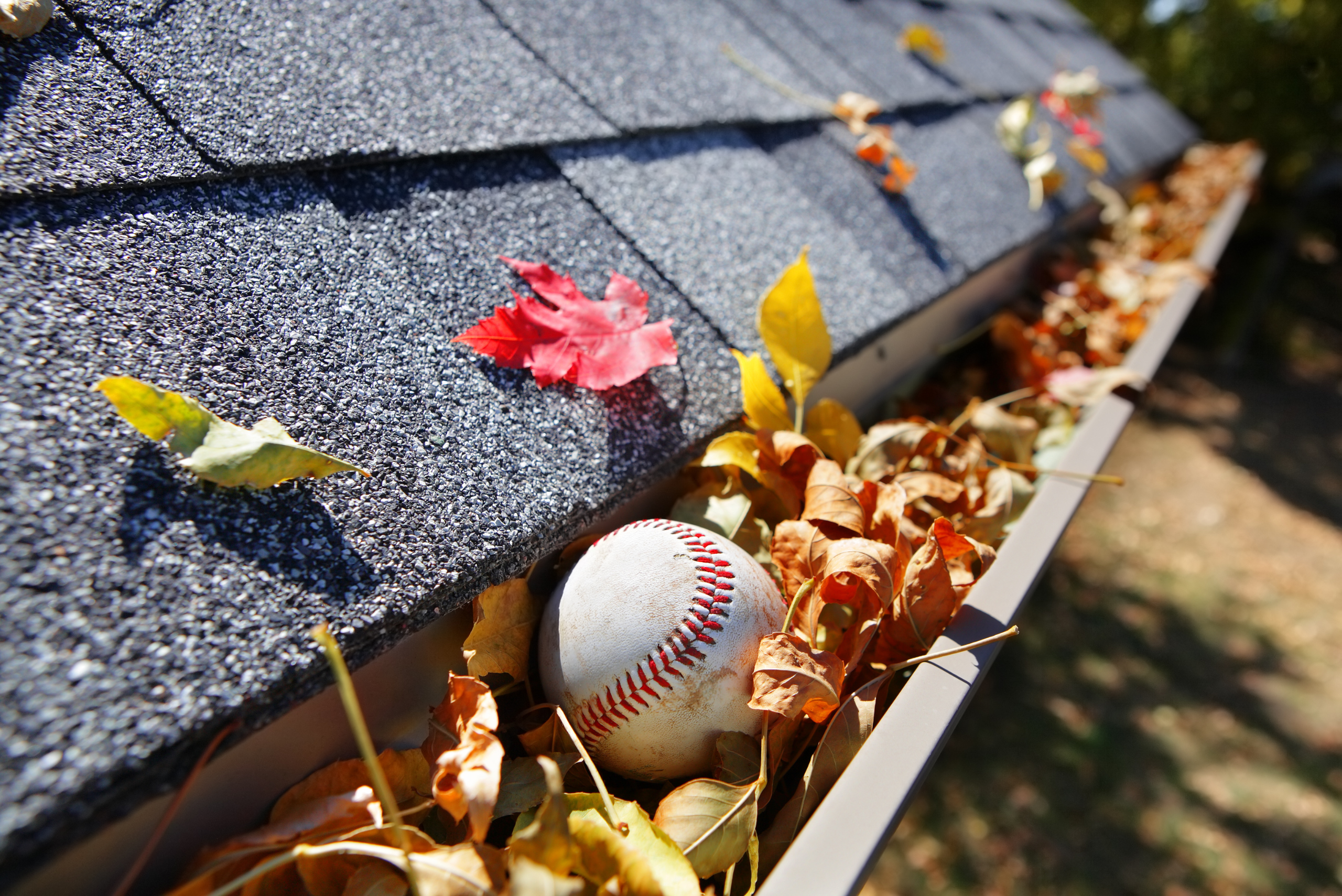
One of the simplest yet most effective ways to prevent basement flooding is to maintain clean gutters. Gutters that are clogged with debris can overflow, causing water to spill directly down the sides of your home and potentially seep into your basement. Make it a habit to inspect and clean your gutters at least twice a year, especially before rainy seasons.
In addition to clearing out leaves and debris, ensure your downspouts are properly directing water away from your home’s foundation. Consider adding extensions to the downspouts to divert rainwater at least 6-10 feet away from the foundation. A well-maintained gutter system can be a strong first line of defense against basement flooding during heavy rain.
3. Install a Sump Pump for Effective Water Removal
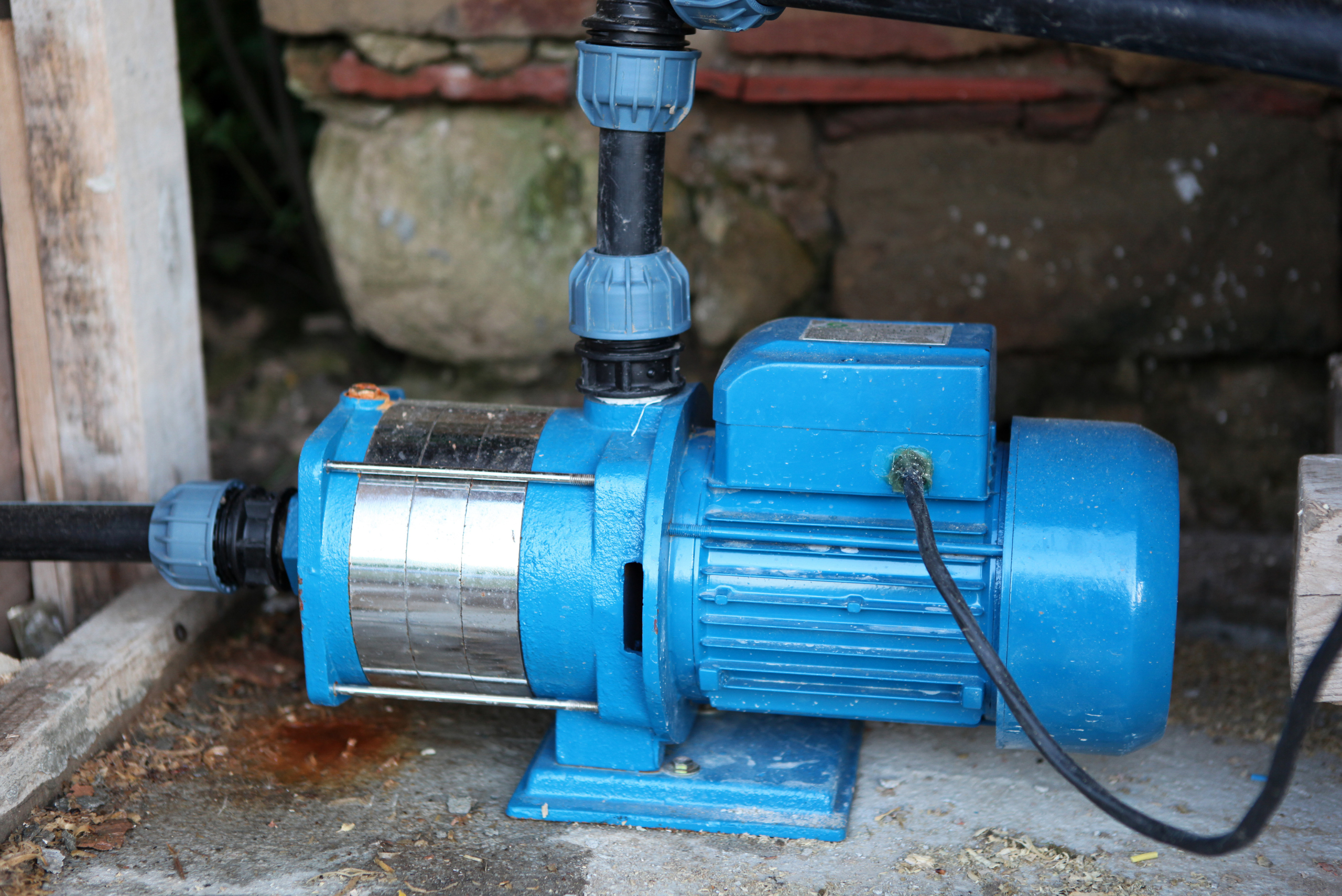
A sump pump is a valuable tool for protecting your basement from flooding. Installed in a sump pit at the lowest point of your basement, it automatically activates when water levels rise, pumping water out and away from your home. During sudden downpours, a sump pump can be critical in preventing water from pooling and causing damage.
Choose a sump pump with a battery backup to ensure it continues to work during power outages, which are common during storms. Regularly test your sump pump to confirm it’s in working order, and clean the pit periodically to avoid clogs. With a reliable sump pump, you’ll have added peace of mind knowing your basement is prepared for unexpected rainfall.
4. Ensure Proper Landscaping and Grading Around Your Home
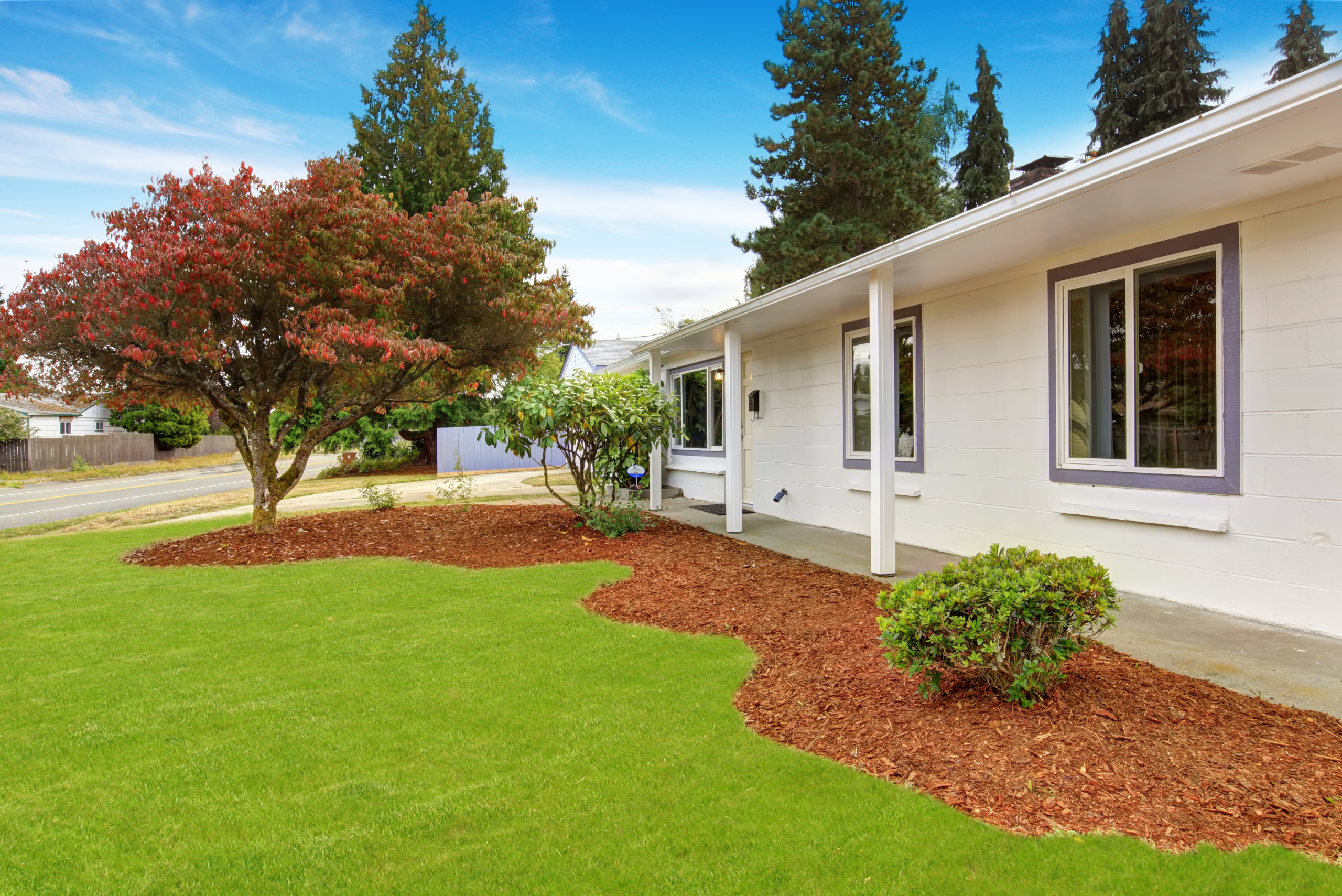
Proper landscaping and grading around your home’s foundation play a vital role in directing water away from your basement. If the soil around your home slopes toward the foundation, it can allow rainwater to pool and seep into the basement walls. To prevent this, make sure the ground slopes away from your home’s foundation by about six inches over a distance of 10 feet.
Additionally, consider planting water-absorbent plants or shrubs around your home to absorb excess rainwater naturally. Avoid having soil or mulch too close to the foundation, as these materials can hold moisture. Thoughtful landscaping can help you manage rainwater effectively and prevent it from damaging your basement.
5. Seal Cracks and Apply Waterproof Coatings to Your Basement Walls
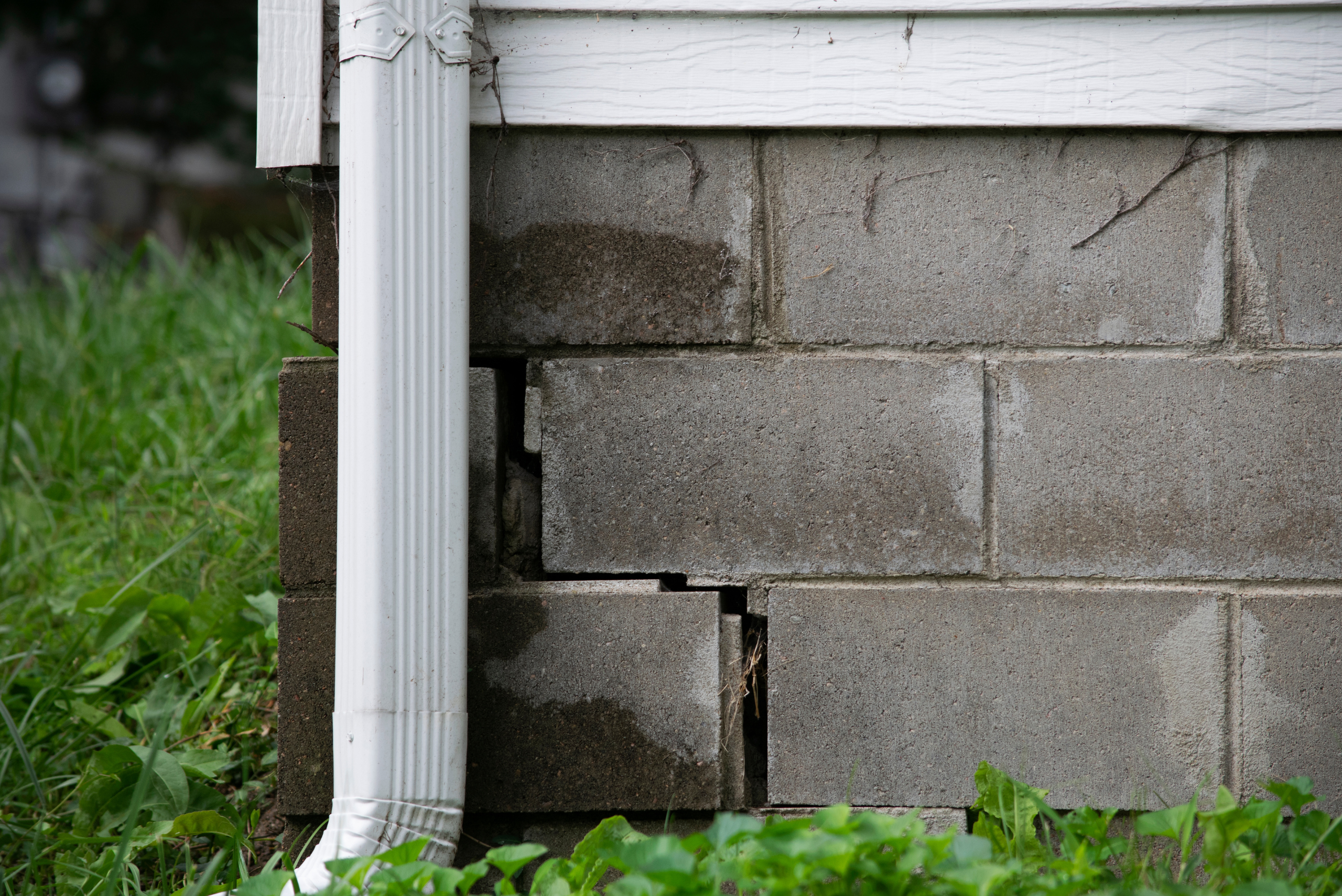
Cracks in your basement walls or floor can allow rainwater to seep in, especially during a heavy downpour. Inspect your basement regularly for any signs of cracks or leaks, and promptly seal them with hydraulic cement or epoxy sealant. These materials expand upon application, creating a watertight barrier that keeps water out.
In addition to sealing cracks, consider applying a waterproof coating to the basement walls and floor. This additional layer of protection is designed to repel moisture and prevent water penetration, even during prolonged exposure to rain. Waterproof coatings are an affordable yet effective solution for creating a moisture-resistant basement.
Related Articles
- Soundproofing a Basement Ceiling – Effective Methods and Tips for a Quieter Space
- How to Temporarily Patch a Roof Leak with Household Items
- Unfinished Basement Ideas to Incorporate for a Better Home
Basement flooding can be a costly and stressful problem, but with the right preventative measures, you can significantly reduce the risk. From installing a sump pump to ensuring proper grading around your home, these strategies are essential for keeping your basement dry and safe during sudden rainstorms. Taking proactive steps now will save you from potential water damage and costly repairs in the future. By implementing these tips, you can protect your basement and gain peace of mind knowing your home is prepared for heavy rainfall.

